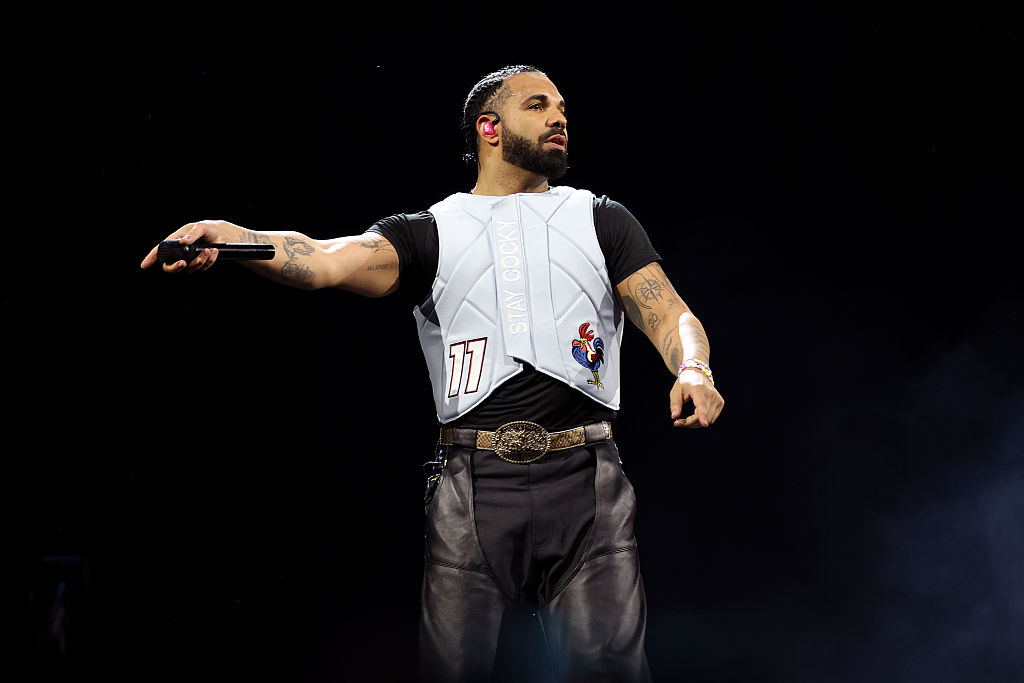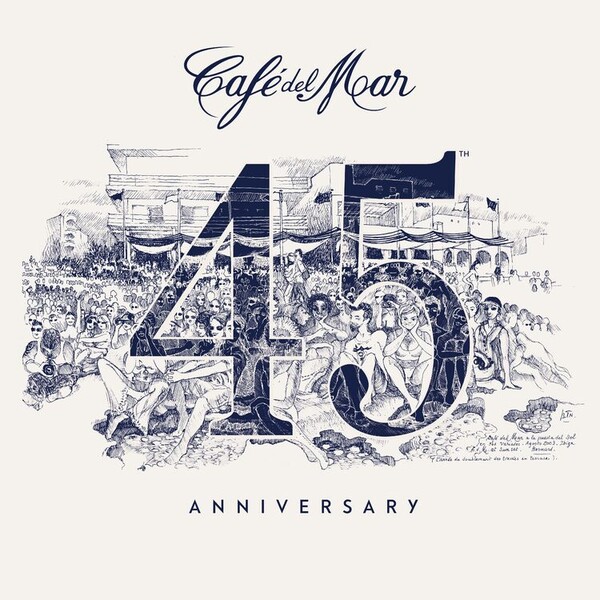It’s a little exciting that the Alien franchise is expanding to television with the upcoming new series Alien: Earth. It’s very exciting that the person spearheading this adaptation is creator/writer/director/executive producer Noah Hawley, who previously proved his ability to bring the essence of a movie to the small(er) screen with FX’s Fargo, and has found his own spin on the classic horror series.
At a recent press event in Los Angeles, FX previewed the first episode of Alien: Earth for journalists and critics, followed by a press conference in which Hawley and executive producer David W. Zucker answered numerous questions about where the show might be going and how it will fit in with the movies that preceded it. “It was a gift to get a franchise this big with very little mythology to it,” Hawley said, but he still took the pre-established lore seriously.
Timeline-wise, Alien: Earth is set in the year 2120, two years before the events of 1979’s Alien. That means the show is a prequel, creating plenty of potential continuity issues for the franchise at large, especially with the idea of Xenomorphs arriving on Earth well before the Nostromo discovered them in space. “It’s a tightrope,” Hawley said. “If you remember the movie, you know, they just get sent to this planet. Clearly somebody knows about these creatures — they knew enough to send them there — but [the characters in the movie] don’t know what they’re looking at.”
This is where the advantage of Alien’s comparatively minimal amount of lore comes into play, Hawley added. “These people who find those first eggs have been out of contact with Earth for who knows how long. And so there is a gray area that we could play in, and try to create something with as big a scale as possible to justify the title — while still making it credible for the rest of the canon.”
As for the franchise beyond the 1979 film, Hawley pointed out that “we know that Ripley ends up in an escape pod and is found 57 years later, so we really have no idea what they know on Earth about what happened on the Nostromo. Those are all active questions that we’re discussing.”
Those discussions would likely come to fruition with future seasons: While Hawley acknowledged that the show’s actual future isn’t up to him but to the execs in charge, Alien: Earth was created to be an ongoing series, “and I have great plans and ambitions for it as such.”

Alien: Earth (FX)
How might those plans affect any plans for future Alien movies? While he’s had “some conversations” with the people working on the film side of the franchise, Hawley said that “this is not a Kevin Feige Marvel Universe moment. I’m not saying that, in success, that we shouldn’t be coordinating or thinking big picture about that. But the show has to be a hit before you can really have those conversations.” (At this time, there are no confirmed plans for future Alien movies following 2024’s Alien: Romulus.)
Key to the show’s success will be its ability to match the requirements of a TV show while also matching the expectations for anything with the word Alien in the title. “An Alien movie is a two-hour survival story, right? It’s a monster movie. And a television show can’t be that,” Hawley said. “A television show has to be long form, with characters and relationships and dynamics that you can invest in.”
Hawley went on to say that a horror movie also revolves around the question of will the hero survive, which takes on a whole new dimension in Alien: Earth because “if you have a story about monsters coming to earth, the question is, will humanity survive? And then the next question is, well, does humanity deserve to survive?”
This was a theme from the movies that Hawley sparked to, particularly the line from Aliens where Sigourney Weaver tells Paul Reiser’s Burke that “I don’t know which species is worse. At least they don’t fuck each other over for a percentage.” Said Hawley, “This idea about humanity and the terrible things that we do to each other, you know, it really opened my mind as to the types of horror that that would populate the show. Not just body horror or creature horror, but also the moral horror of what people do.”
A key element of Alien: Earth has nothing to do with aliens — instead, the series introduces the concept of artificial life with the character of Wendy (Sydney Chandler), who was dying from a terminal illness as a child before being put in a synthetic body (aged up to young adulthood). “If you take a girl and you put her into this synthetic body, the question becomes, is she going to choose human or other?” Hawley explains. “So it becomes about the push-pull between ‘why be human if this is what humans do to each other’ and ‘there’s such a beauty to the human experience, et cetera.’ So that’s the tension. I feel like that that elevates it above just who lives and who dies.”
Wendy is instrumental to another key element of the series: One of the franchise’s few established elements is the existence of the Weyland-Yutani Corporation, which ended up being a big inspiration for the Earth-bound drama. “What do we know about the next hundred years? It’s going to get hotter, it’s going to get wetter. And I think capitalism… I’m not betting against capitalism, right? So I think corporations’ power is going to aggregate,” Hawley said.

Alien: Earth (FX)

 1 day ago
4
1 day ago
4


















 English (US) ·
English (US) ·